Le Monde Group is mainly owned by various rich people, but 25% is owned by employees, and they have specific rights that are not common for billionaire-owned journals, like voting for their own newspaper managing editor and approving changes of shareholders.
oce
Yes, I said it is paywalled a couple of worlds before the link. I was just giving a source for the quote, it's not really the point of the article.
No, Le Monde (The World) is center left, which in France means close to Socialist party, which is close to Bernie Sanders in the USA. It's probably the most well respected newspaper from France.
Not really, for now it is mostly "here's the bike lane", because the street is attributed to cars by default. So this quote is about reversing this mind set.
What makes you think the reasons you think this is cool is different from the reasons why other people find SUV cool? This article mentions the similarities.
Since you've been using Linux for a while, why not buy hardware that you know are more compatible like AMD GPUs? Do you need the latest top range GPUs for your activities?
From the article:
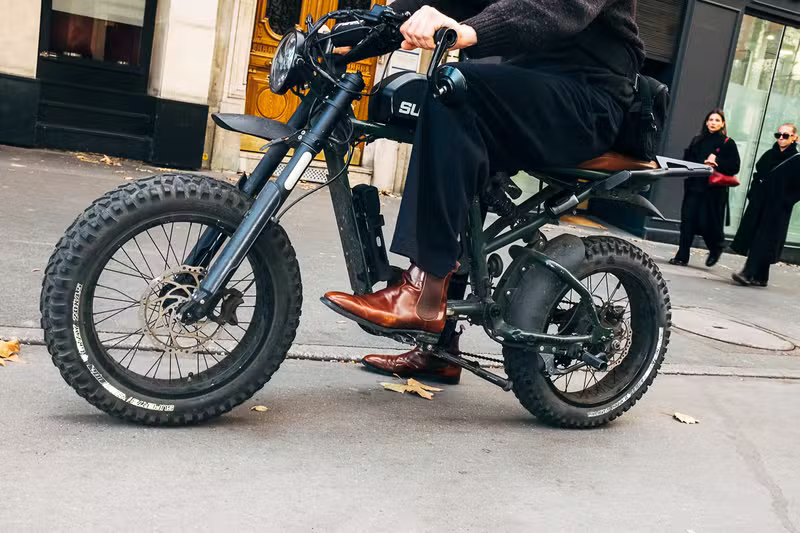
The article mentions "SUV-ization" of the bycicle.
Yes, since many of them work out-of-the-box today. My PreSonus sound card worked fine when I made my setup four years ago.
It depends on your use case, do you have non-common needs like specialized software that may not work out of the box?
The majority of the plants humans grow through crop-based agriculture are fed to non-human animals.
It's not that clear, it depends on the country. See the part about share of cereals dedicated to animal feed in this link, it's about 15% in the USA and the rest of the feed is byproducts of crops used for human reasons. https://ourworldindata.org/land-use-diets
This is also covered by the study and the article I shared above. It would require using more lands for crops that feed people, but that's ridiculously small compared to the land that would be regained from stopping animal agriculture, which is 75%. Just removing cows would do the vast majority of that.
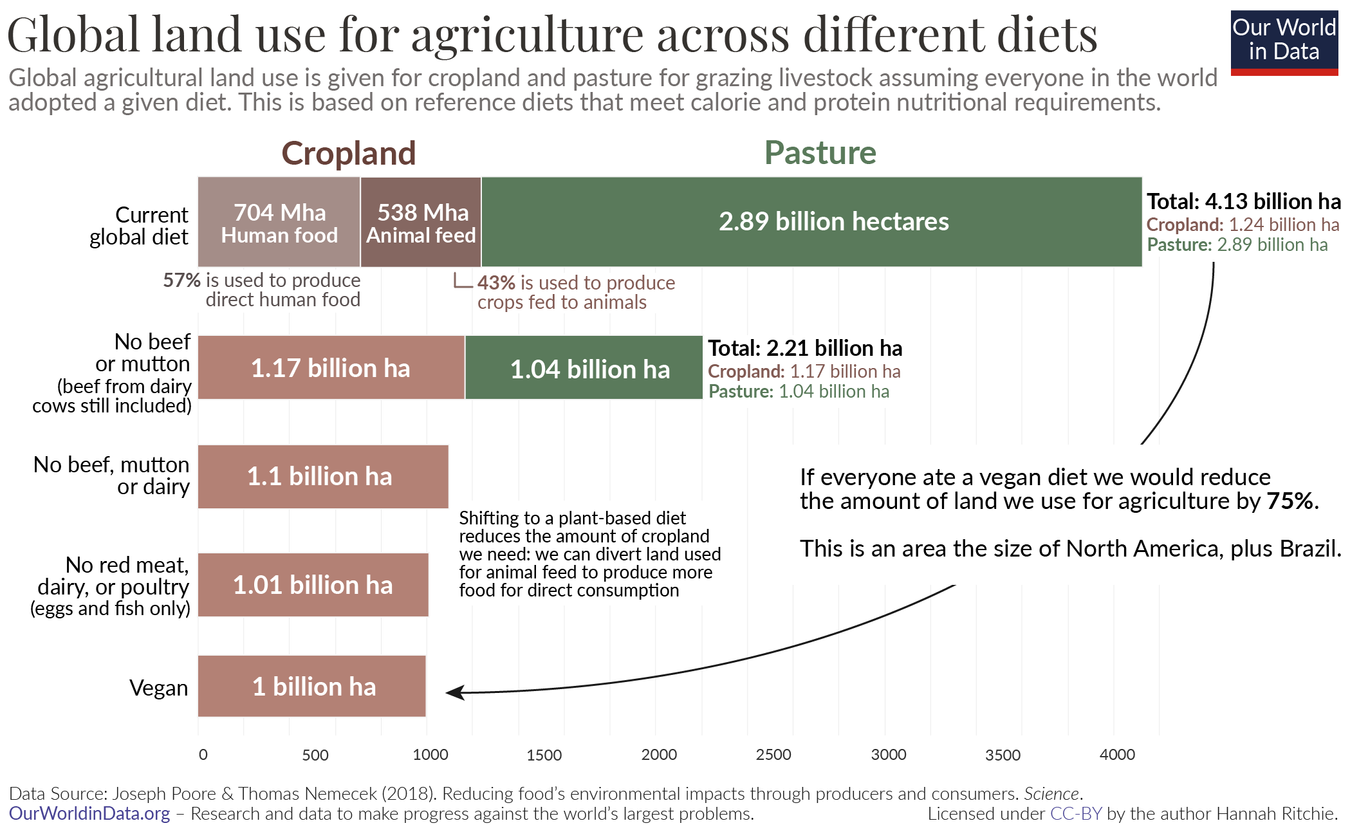
Crops for feed can be regained and if most pasture land is inappropriate for crops, some are, so we would gain from freeing those too. Furthermore, this land can be given back to biodiversity, which will also benefit us in the long term, if just protecting biodiversity for the sake of it is not a good argument for you.
Again, I am not vegan, I mostly advocate for reducing, not forbidding, consumption proportionally to ecological impact. If some people for medical reason require meat, I'm completely fine with it, this would likely be a small percentage of the current consumption.
Omnivore, not obligate carnivore except for a few exceptions maybe, so we could use a low meat diet or a fully plant based diet fine.
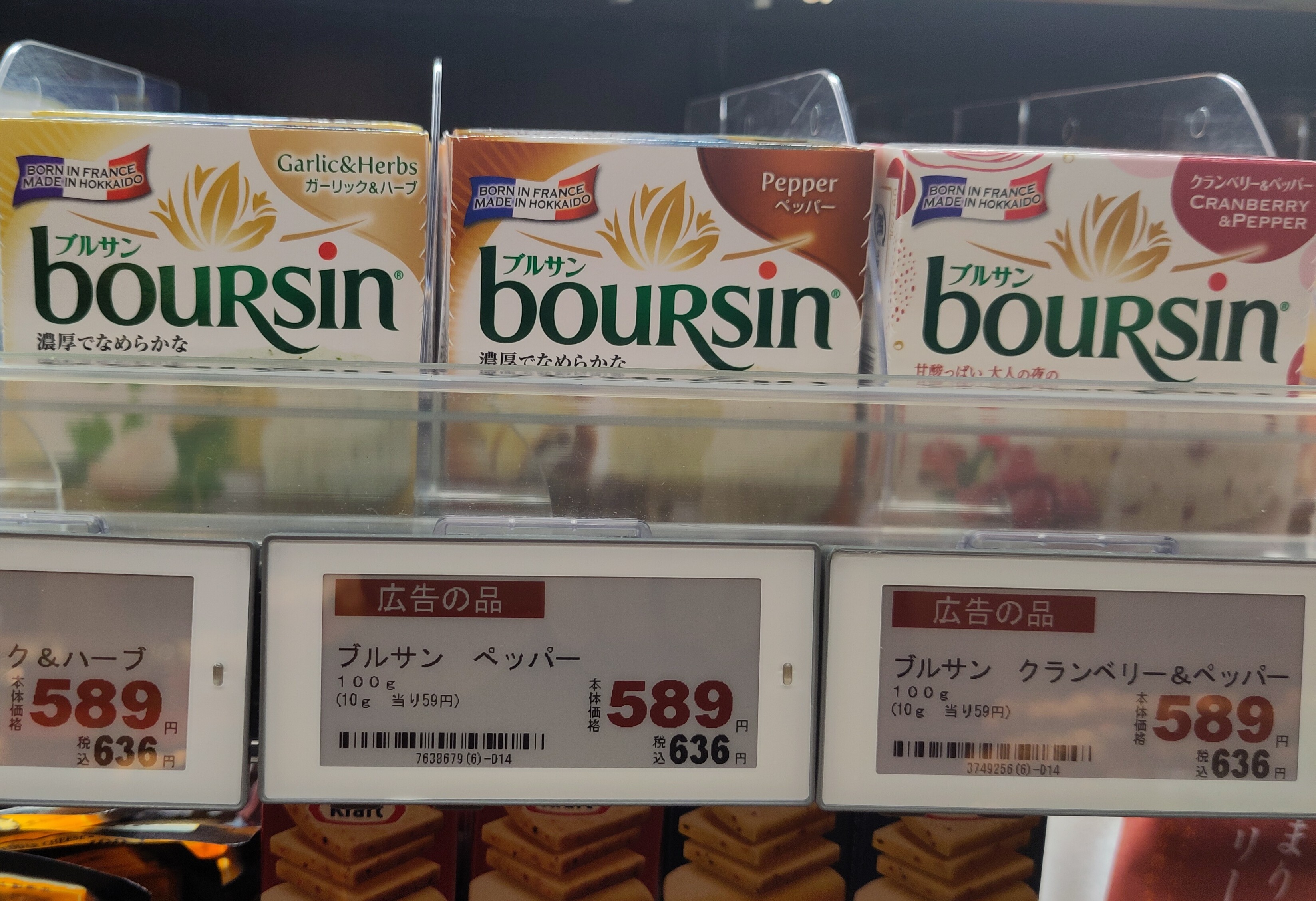
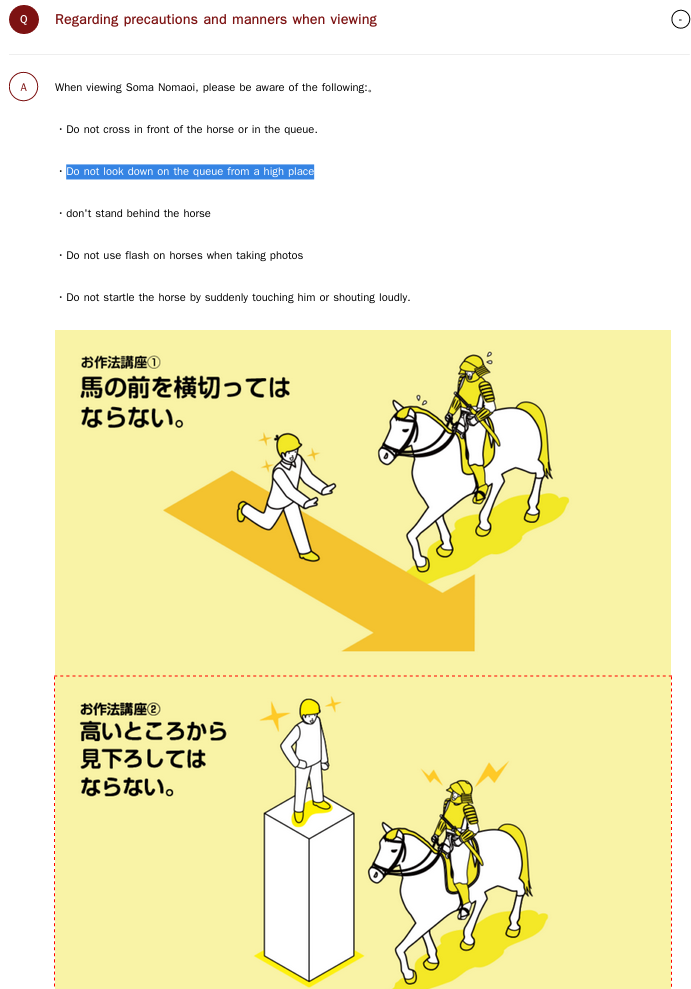
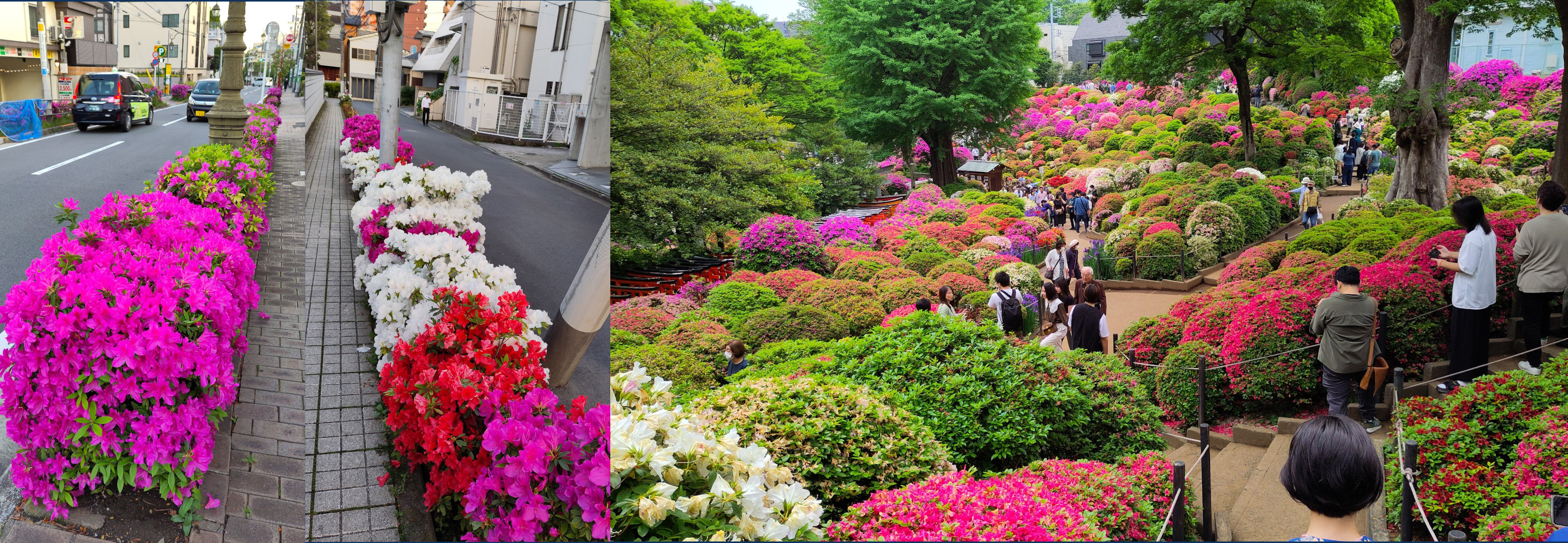
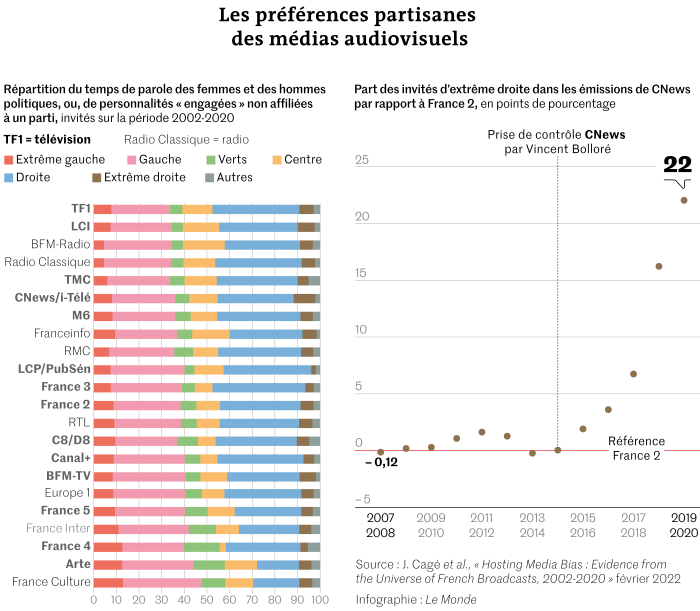
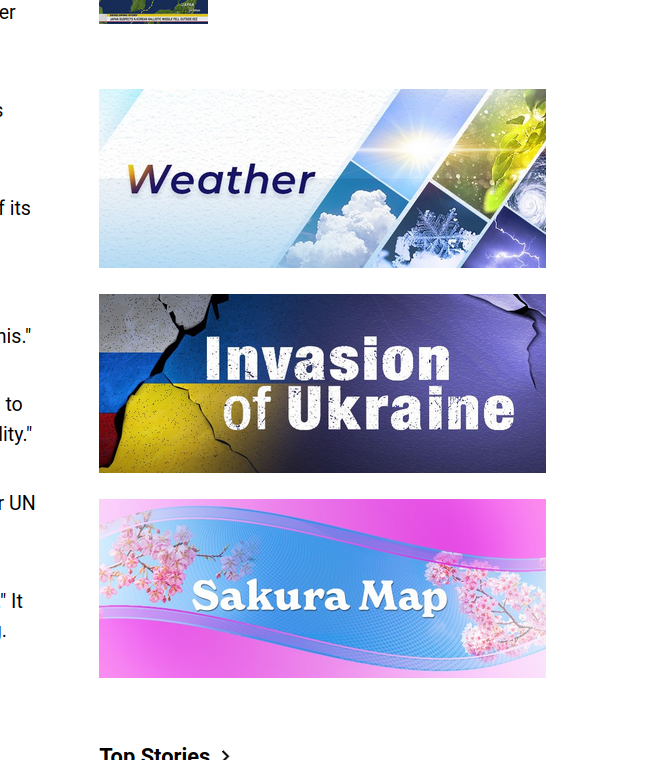
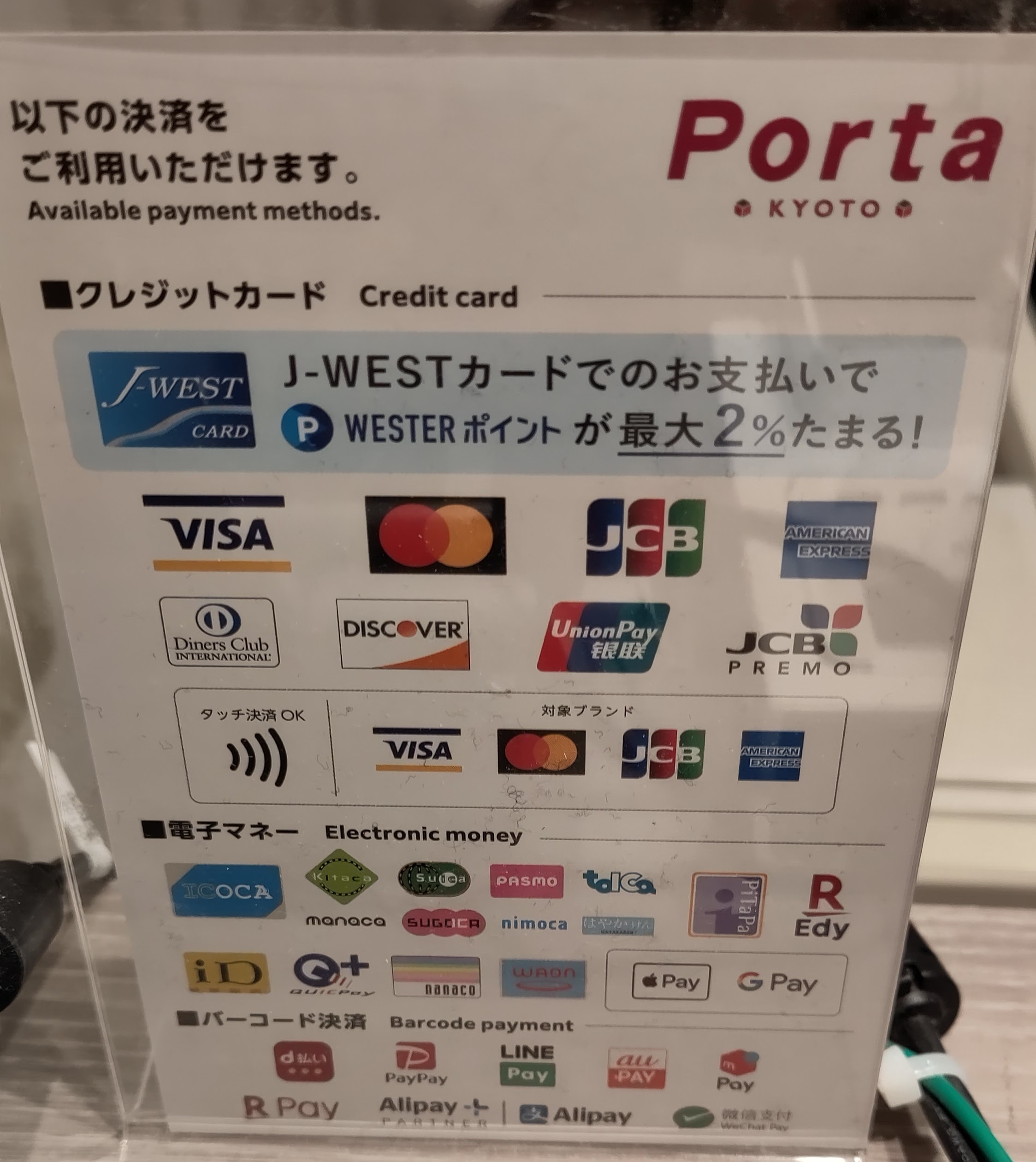

Yes, I think you're not getting the point, it's about making the default for bikes and pedestrians now, and treating cars as secondary users, that have their smaller delimited special lane.